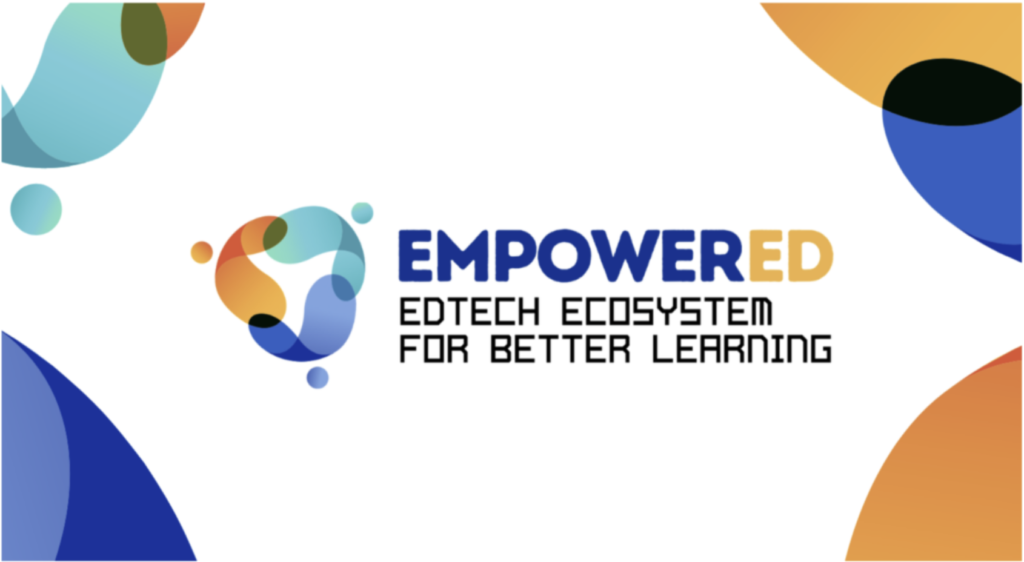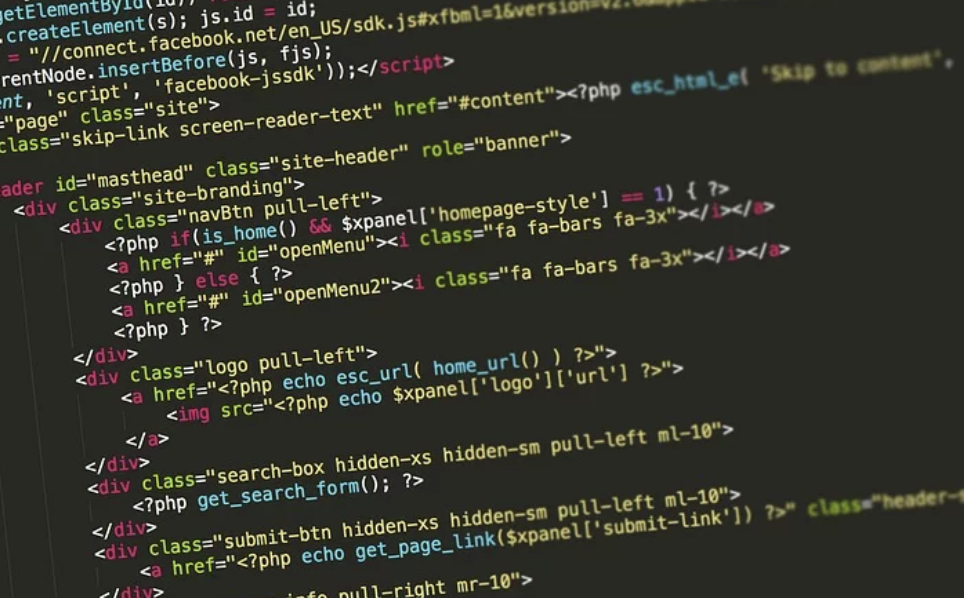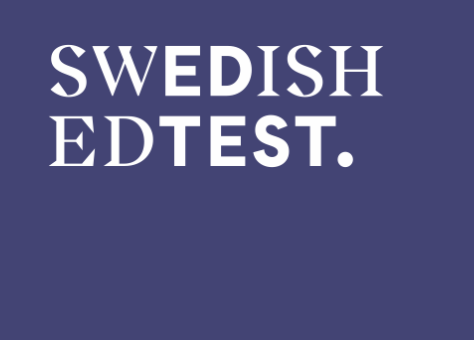Researcher | DidacticDesign | Educational technologies Read more
Projects



Current research projects
Teachers’ meta knowledge and assessment practices in digital, multimodal learning environments
The purpose of the project is that together with teachers develop a meta-language and an awareness of teaching
and assessment in relation to digital, multimodal meaning-making in the classroom to improve the conditions for
students’ learning in a digital school environment. The goal is to develop models for teaching and assessment,
clearly linked to the challenges that teachers identify daily in relation to governing documents, students’ skills
and classroom practice. Based on socio semiotics and the perspectives of multiliteracies and Designs for
learning, teaching design is developed in iterative cycles using the method design-based research in close
collaboration with teachers based on the needs identified by the schools. The teaching designs are tested in
small-scale classroom interventions. Continuously collected empirical data consists of documentation of
workshops, planning discussions with teachers, teaching, teachers’ mutual feedback, and students’ digital
multimodal text productions. The use of the model Learning Design Sequence, partly as support for the design of
learning sequences, and partly as analysis breaks for the empirical material, puts the focus on for and in
learning. The research project results are important both nationally and internationally and contribute with
knowledge about further development of teaching in digital classroom environments.
Project period: 2022 – 2024
Researchers:
Project leader Petra Magnusson, Kristianstad University
Sylvana Sofkova Hashemi, Halmstad University
Programming didactics. Learning and Assessing Programming in Primary Education.
Since 2018 the programming has been part of the Swedish curriculum. As a consequence, every math and technology teacher in Sweden will have to teach programming. Teaching programming to novice at secondary and university level has been studied. When it comes to primary school there is less research about learning and teaching programming and computational thinking. Research conducted in primary education is still a largely unexplored domain.
The purpose of the project is to investigate how students learn programming and how these competencies can be assessed in order to provide scientifically grounded programming didactic for primary education. It is a longitudinal study of students programming in classroom settings and develop an assessment framework to be used in the longitudinal study for measuring students’ programming competences. The study will allow us to better understand how students learn programming and what good teaching practices are.
Funded by Marcus and Marcus and Amalia Wallenberg foundation.
Project period: 2018 – 2023
Project members:
Fredrik Heintz, Linköping University
Linda Manilla, Linköping University
Susanne Kjällander, Stockholm University
Anna Åkerfeldt, Stockholm University
Current projects
EmpowerEd
EmpowerED is a consortium of 11 Partners with complementary expertise. The project is financed by the European Commission and coordinated by European Schoolnet (EUN), with the aim to support closer collaboration in the digital education sector in Europe. The project will leverage the existing EdTech groups to establish and animate a new EdTech Community for exchange, dialogue and collaboration in Europe.
Funded by EU
Project period: 2023 – 2025
More information
Archive
Swedish EdTest
Swedish EdTest, Sweden’s first national EdTech testbed. It has been specifically designed to help businesses sharpen the development of new digital learning services. Students and teachers will begin testing the EdTech products in Spring 2020. I am part of the project to develop a toolkit for teachers and ed-tech-companies when testing the digital resources in classroom-settings.
Funded by Vinnova
Project period: 2020 – 2022
Nacka municipality
More information
DigiLi – Digital Learning Environments. Equal education through remote- and distance education.
An adequate education system is crucial both for the individual and for society’s skills supply and competitiveness. In Sweden today many students do not have access to full tuition in all subjects due to a lack of teachers. DigiLi is a research and development program involving eight school organiser from primary school to higher education. The R&D program started in 2019 and involves school organiser who, together with researchers, will improve and develop their practice and also contribute to increasing the research-based knowledge of teaching and learning in digital environments.
The purpose is to further develop the didactics of remote- and distance education and develop the role of the teacher in digital environments in order to support students’ learning. Further, the program contributes to strengthen the ability of school organiser to offer good quality remote- and distance education and, by extension, contributes to a more equal education.
The long-term goal is to use digital technology to make more efficient use of the teacher resource regardless of geographical location and thus increased conditions for equal access to education. The program also aims to increase the knowledge of teaching in digital environments in collaboration between the school’s professionals and researchers when teachers and pupils are in different places.
Project period: 2019 – 2022
Project members: 70 participants in eight school districts
Researchers:
Anna Åkerfeldt, Stockholm University
Charlotta Hilli, Åbo Akademi University
More information (Swedish)